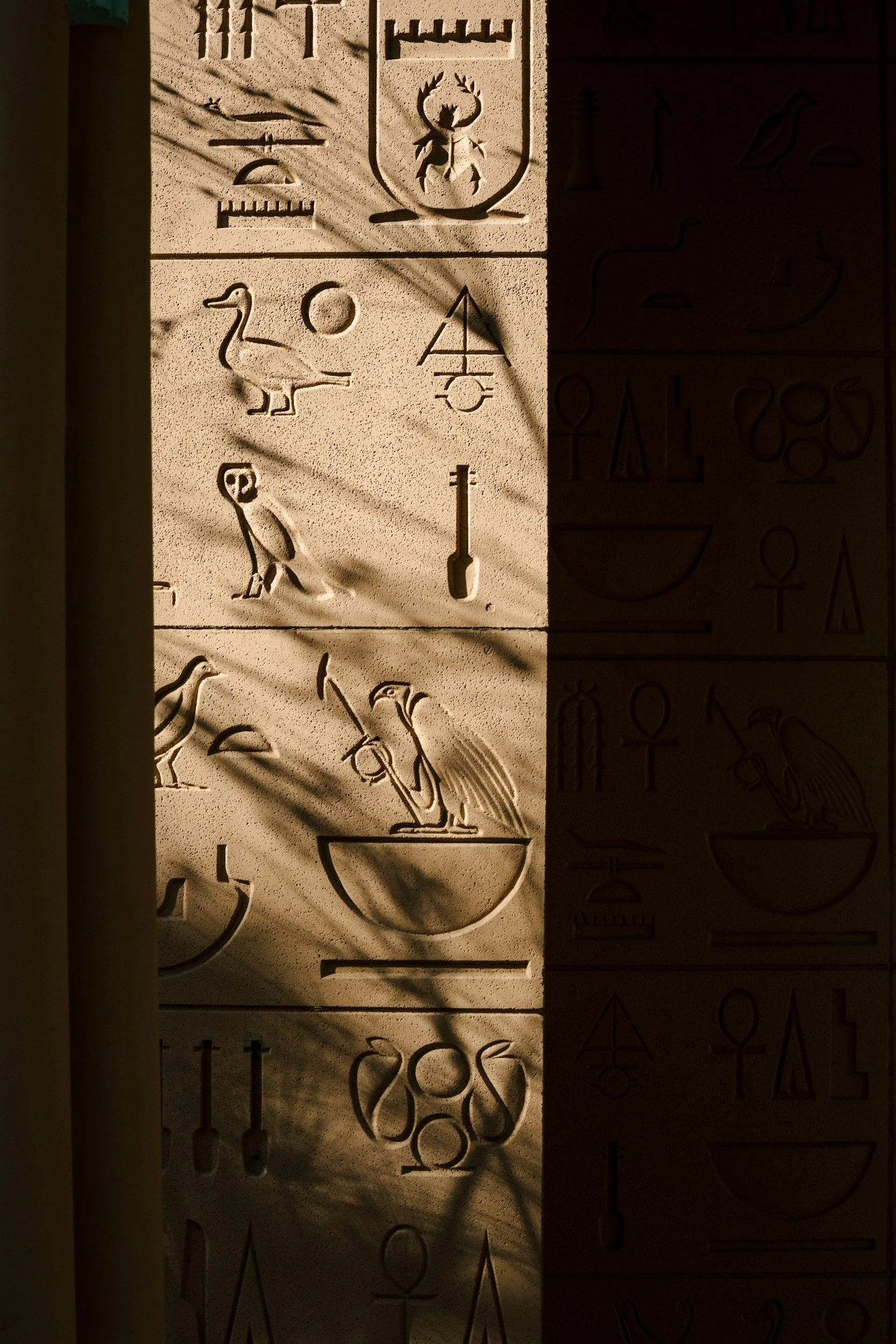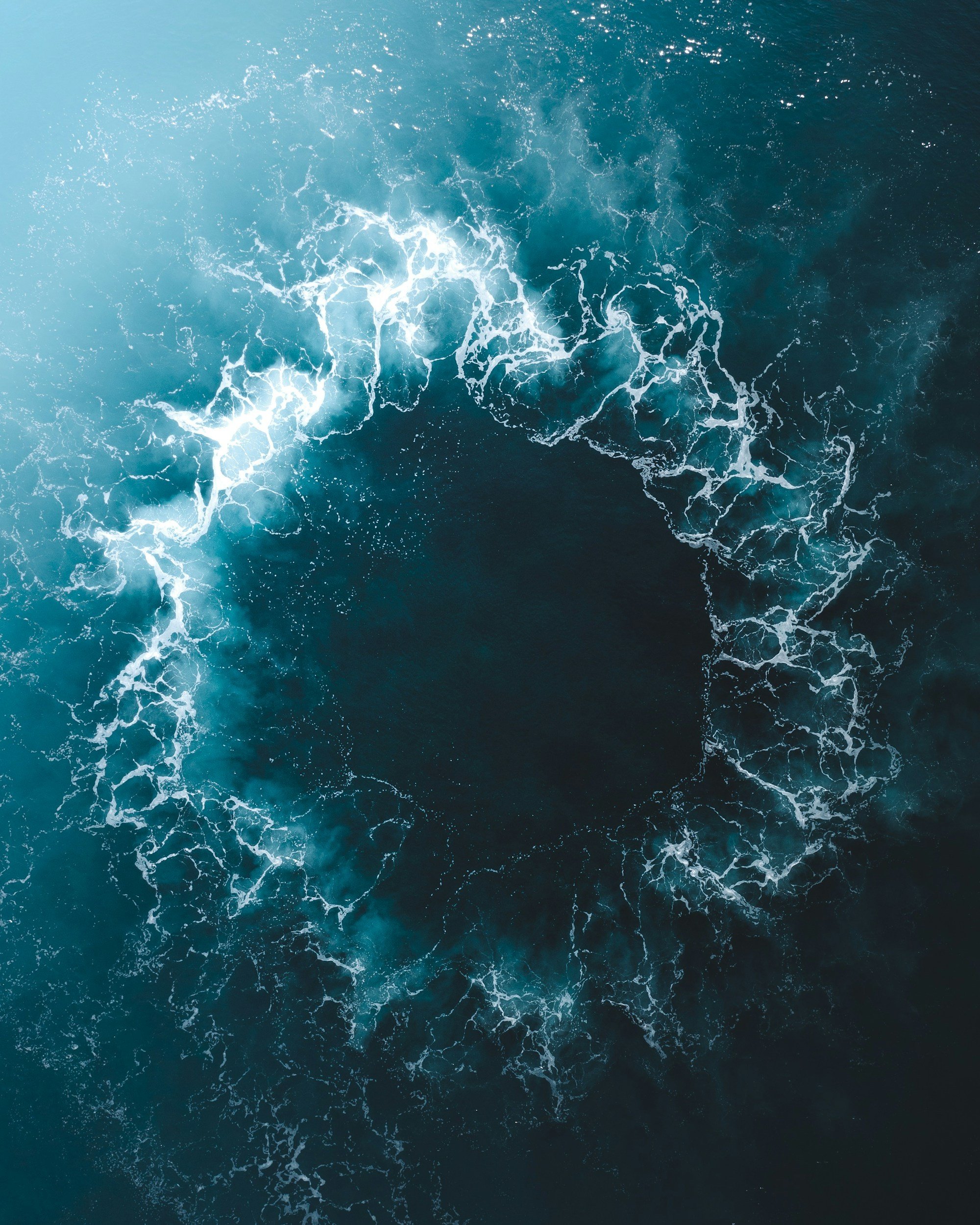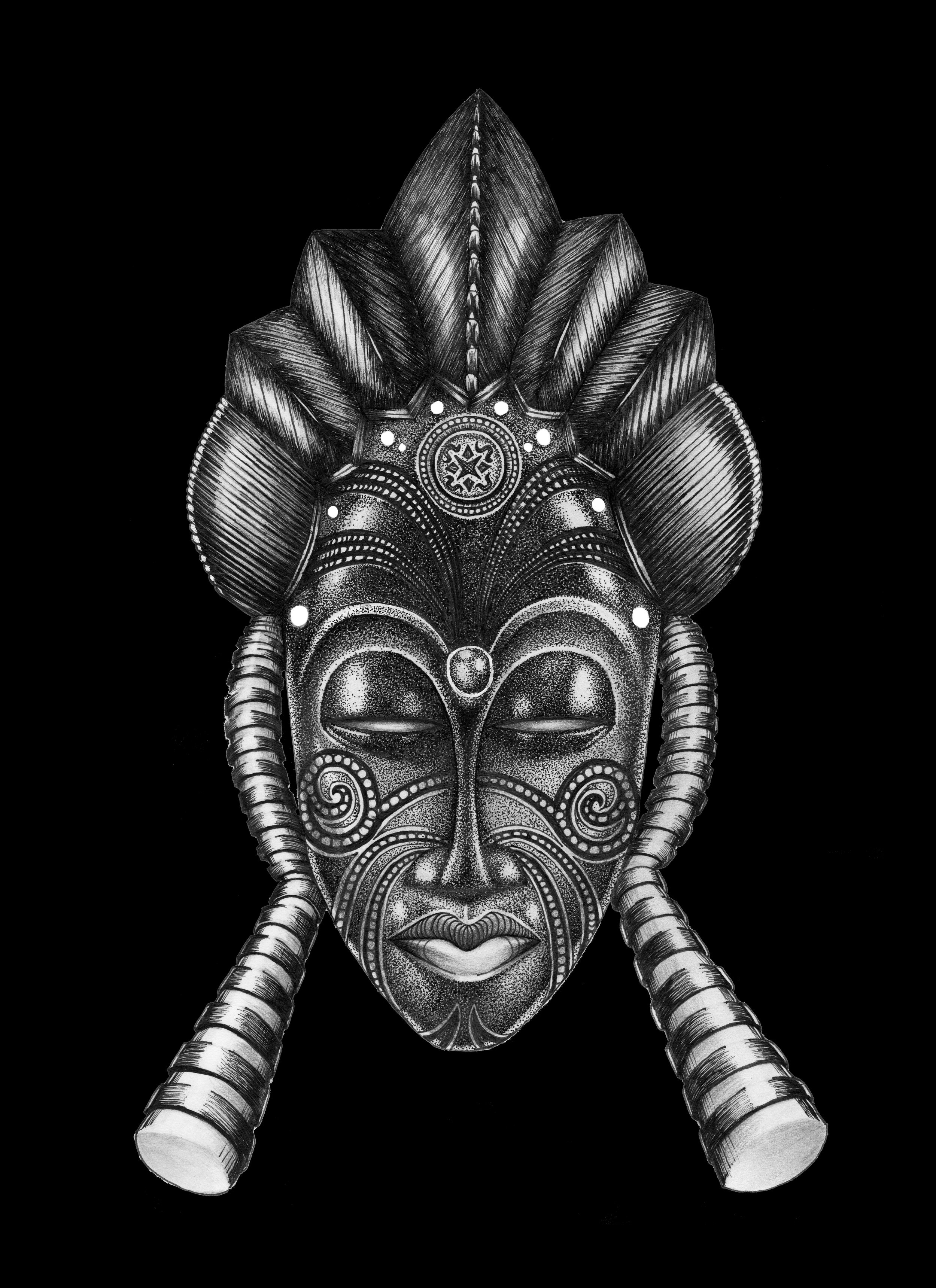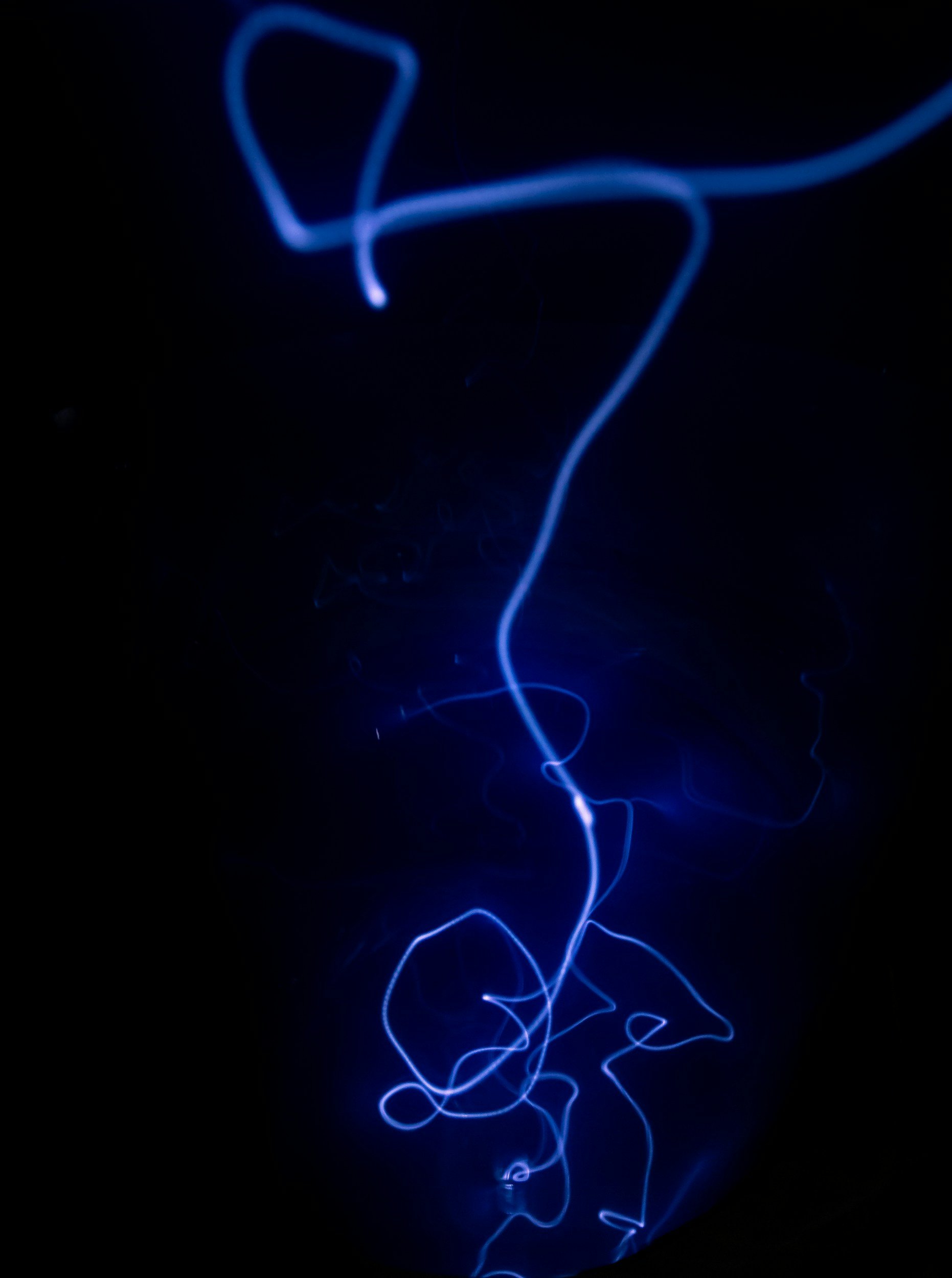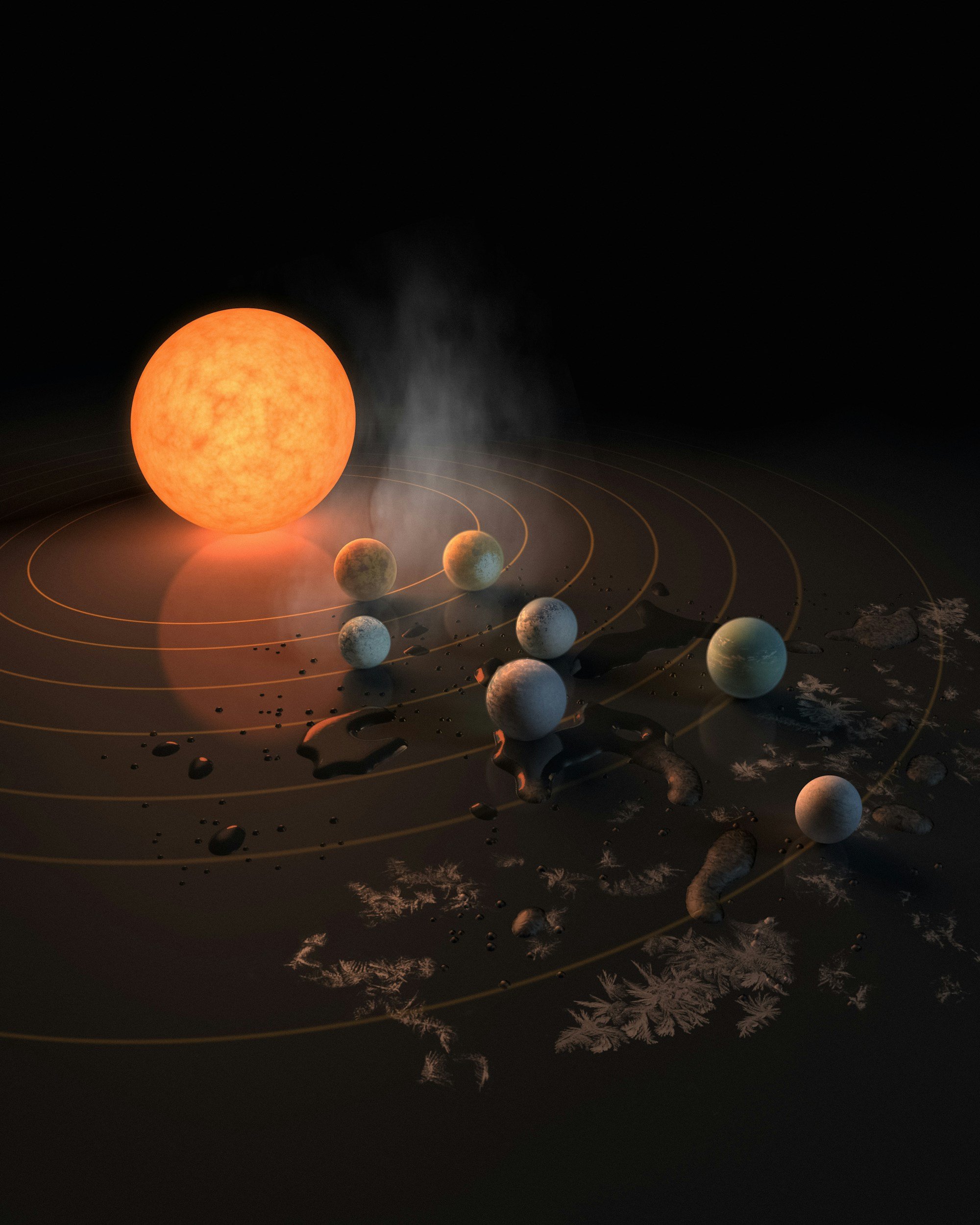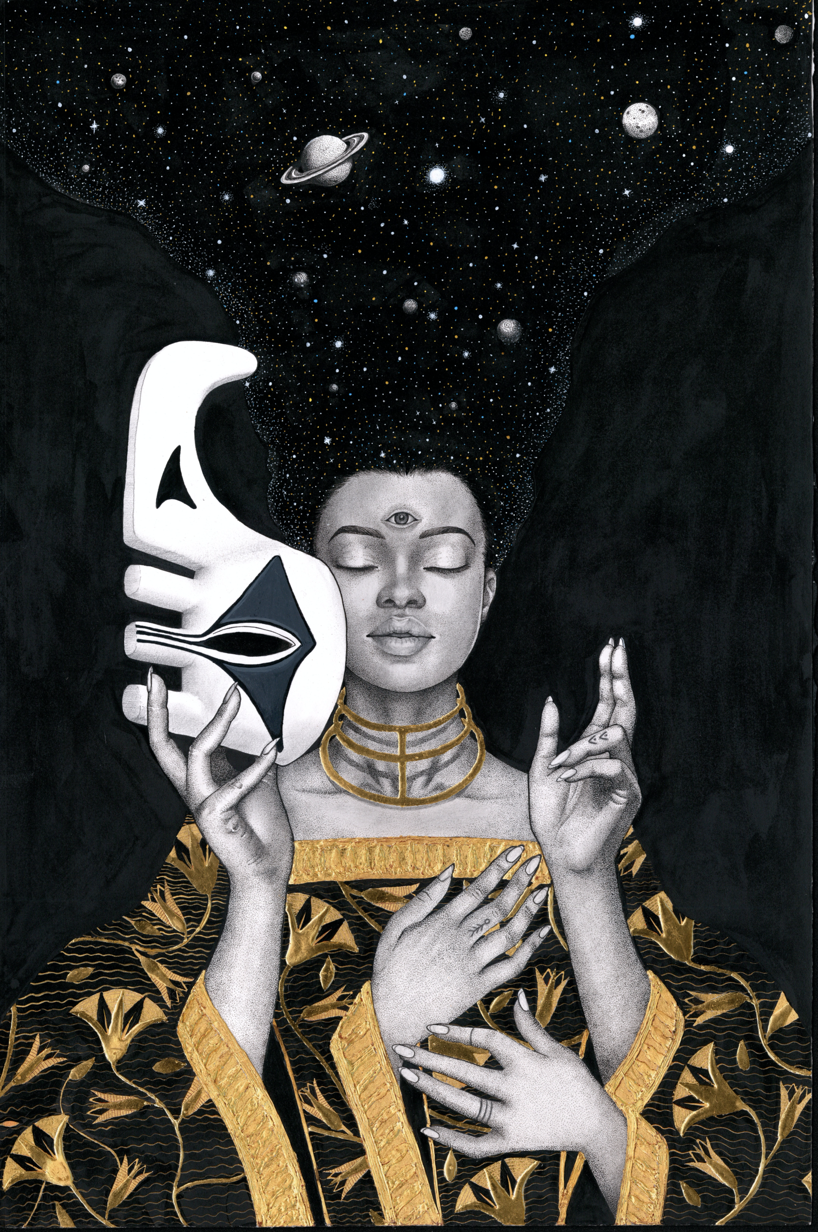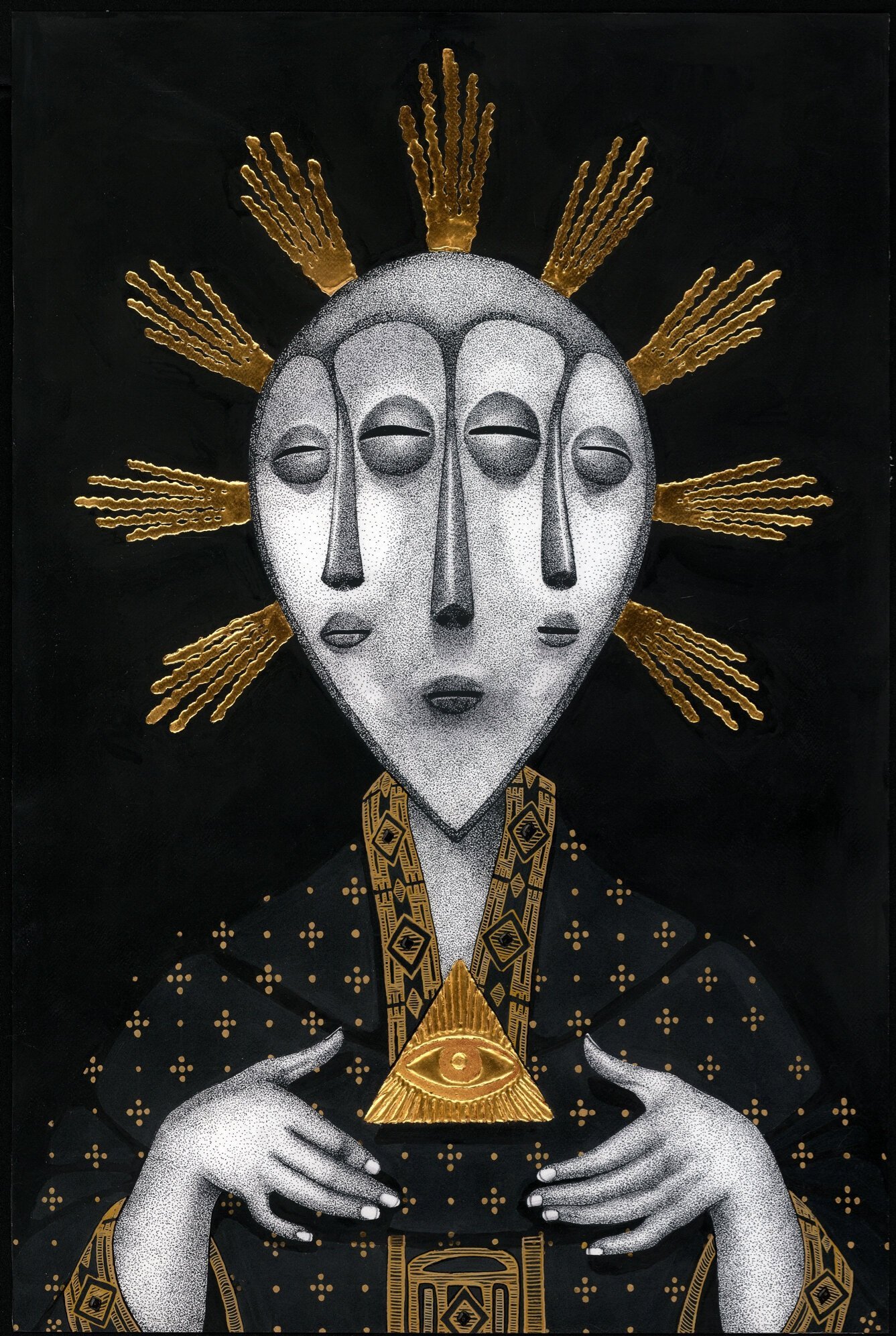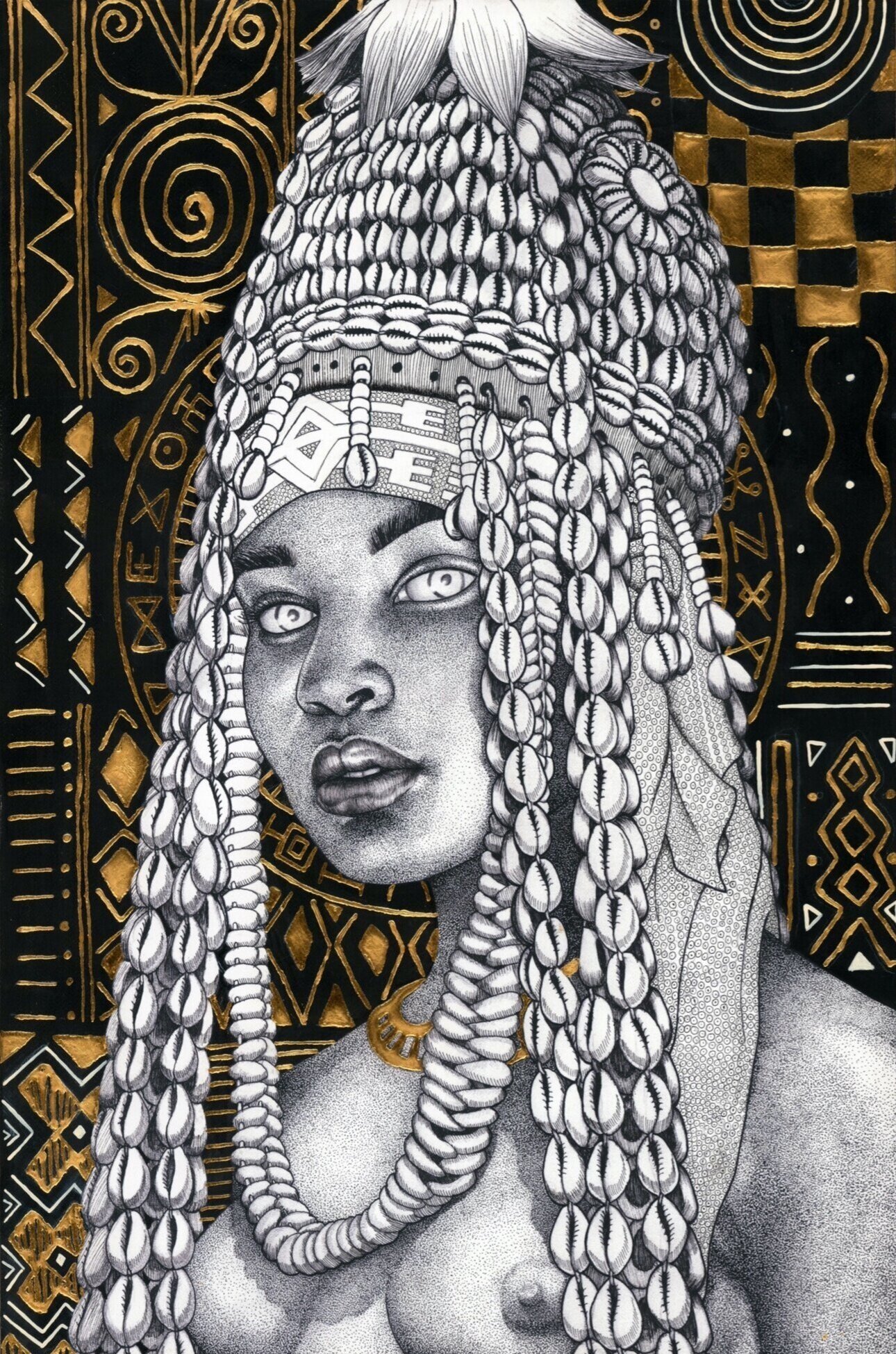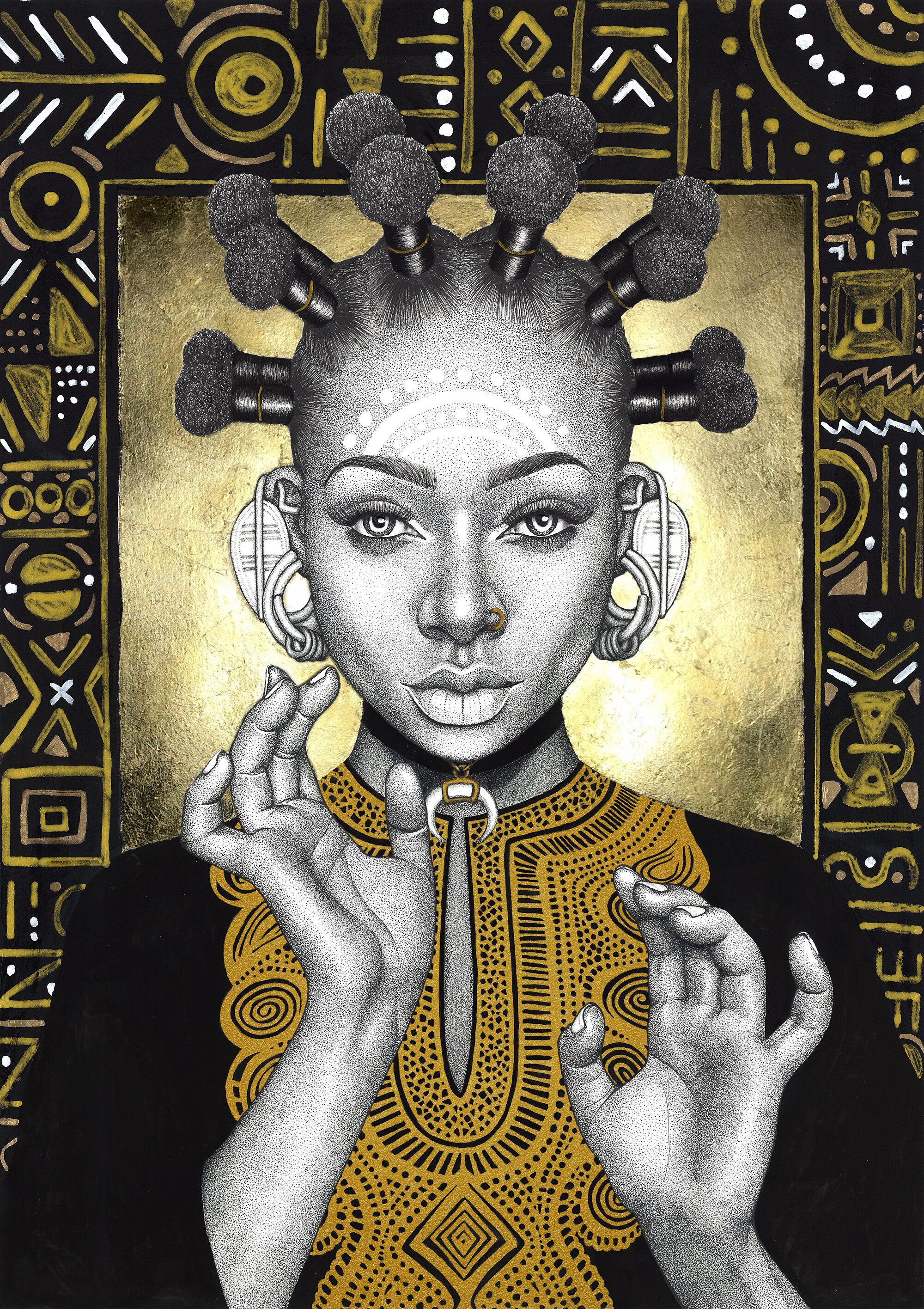Major Distinctions Between Agbara and Alusi in Igbo Spirituality?
If you've been on a journey of learning or practicing Odinani, chances are you've come across the terms Agbara and Alusi more than once. These words are used interchangeably in casual conversation, but there are key distinctions between the two that are important to understand if you want to deepen your spiritual knowledge and avoid confusion.
Let’s break it down simply and clearly.
Agbara: The Cosmic Force
Agbara refers to universal forces, they are cosmic elements that exist as pure energies. These are the unseen spiritual laws and forces of nature that govern the universe. Think of Agbara as raw extensions of divine power or energy, forces that are not confined to a single location, shrine, or even human interpretation.
They are bound by universal principles, not community rules. Agbara are ever-present, you can attest to them or their presence wherever you go in the world, they’re always present regardless of culture, guiding the order of things in nature and beyond. You could say they are laws of reality in energetic form.
Alusi: Community-Facing Face of the Divine
Now, let’s talk about Alusi. Alusi are the localized, personalized manifestations of Agbara. They are the ways communities interact with these cosmic energies. You’ll often find that an Alusi has a nuanced name, a shrine, a backstory, and is specific to a village, clan, or lineage.
While Agbara are universal, Alusi are communal. They are not only shaped by the force they represent but also by the culture, rituals, and values of the people who maintain their relationship with that force.
How They Relate to Each Other
An oversimplified way to visualize the relationship is this:
Agbara is the electricity.
Alusi is the lightbulb through which that electricity shines in your particular house.
You might not be able to see or connect to the electricity (Agbara) directly, but you can see, connect and relate with the bulb (Alusi), which is how that energy expresses itself to a specific people in a specific way.
Here’s the key framework to keep in mind:
Agbara are universal forces.
Alusi are community-specific embodiments of those forces.
Agbara operate under divine and universal laws.
Alusi are influenced by communal traditions and how those forces are culturally understood.
An Agbara can be personalized and referred to as an Alusi.
But an Alusi may not always represent only one specific Agbara, it may embody several aspects depending on how the community channels or relates to it.
Why This Distinction Matters
Knowing the difference helps you approach spiritual work with more clarity. It teaches you to recognize the vastness of divine energy (Agbara) while honoring the unique cultural lenses (Alusi) through which that energy is experienced. It also allows you to discern which energies are communal and which are universal in your practice.
When you're seeking spiritual help, making offerings, or divining through Afa, knowing whether you are engaging with an Agbara or an Alusi can determine how you approach the process, and the kind of relationship you build.
In Summary
Agbara is the cosmic force, element, law and energy.
Alusi is the communal expression of that energy.
One is universal; the other is localized.
Both are sacred. Both are powerful. But knowing the difference can completely transform your relationship with the spiritual world.
Udo diri gi 🙏🏾
